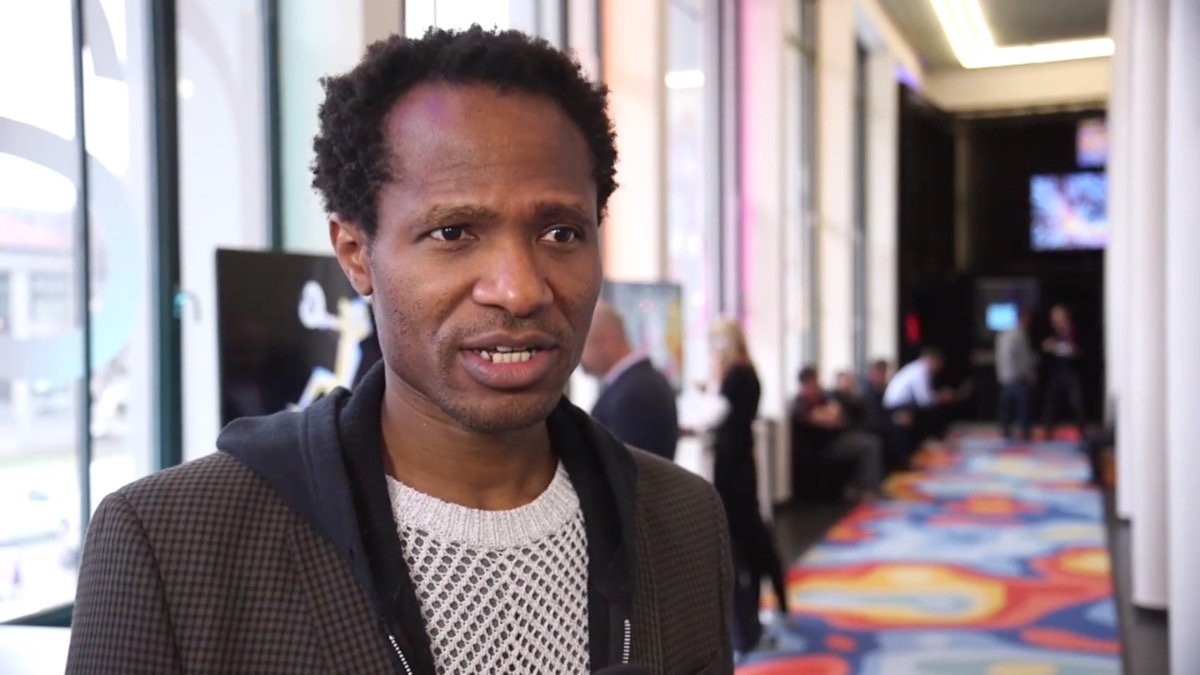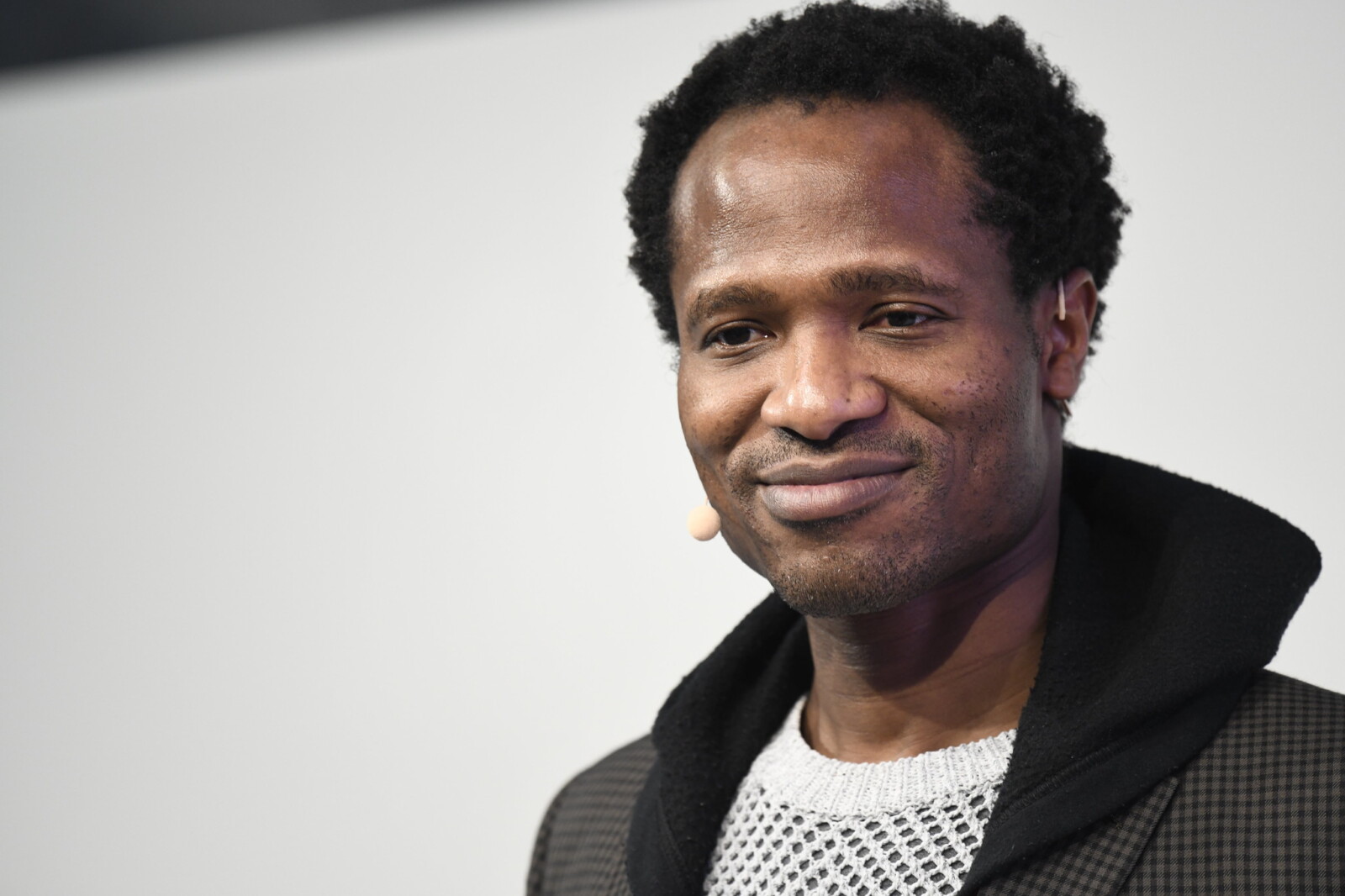Koniku founder Osh Agabi has a daring plan: He’s developing a new kind of of biochip made from brain tissue in order to create sensors that can sniff out explosives at airports and even, in the near future, promise to detect early signs of diseases.
Born in Nigeria, Agabi studied physics in Zurich and neuroengineering in London before launching his company in Berkeley, California. In his talk at DLD Munich 2019 he explained why he sees the combination of biology and technology as a possible route to general artificial intelligence.
Currently, Koniku’s biochips offer the equivalent of two million neurons. Within the next eight years, Agabi and his engineers aim to develop chips with 10 to 20 billion neurons. “There’s a lot of talk these days about what the future of intelligence looks like”, he says. “I and my team, we believe intelligence will eventually be a merger of synthetic neurobiology and silicon.”
The company’s first product, called Koniku-Kore, aims to automate the detection of explosives and is already being tested at a number of airports, according to Agabi. “Our goal is that this thing comes to an airport near you within the next one year or thereabouts.”
Update, May 2020: European aviation giant Airbus intends to use Koniku’s bio sensors to detect “biological hazards” as well as explosives and chemicals, the company said. The goal is to develop a “game-changing, end-to-end, security solution at convincing scale and speed”. Initial tests are planned for the end of the year.
We spoke with the Koniku founder at DLD19 to learn more. See our interview and highlights from his talk here. His whole talk will give you a deep dive into the future of organic technology.

Bio Meets Tech
By loading the video you agree to the privacy policy of Vimeo.
You are currently viewing a placeholder content from YouTube. To access the actual content, click the button below. Please note that doing so will share data with third-party providers.
More Information